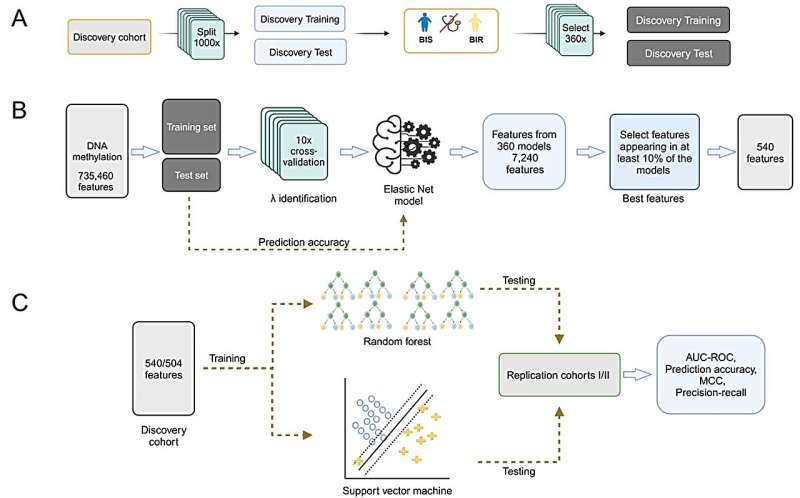If the brain no longer responds properly to insulin (insulin resistance), this can lead to weight gain, diabetes, and Alzheimer’s disease.
“Insulin is not only involved in metabolism but also plays a key role in the brain with regard to cognitive functions, appetite regulation, and energy homeostasis,” explains Prof. Dr. Stephanie Kullmann. She is a researcher at the Institute for Diabetes Research and Metabolic Diseases (IDM) of Helmholtz Munich at the University of Tübingen and is the first author of the current publication.
To date, the detection of brain insulin resistance remains cost and time-intensive, with no biomarkers currently available. “Our new study shows that we can extract epigenetic signatures from the blood that very precisely indicate whether the brain is still responding to insulin—or has stopped doing so,” says Prof. Dr. Annette Schürmann of the German Institute of Human Nutrition Potsdam-Rehbruecke (DIfE).

